In Saadi’s debut novel Three Parties – a reimagining of Virginia Woolf’s Mrs. Dalloway – a queer Palestinian refugee plans to come out at his elaborate birthday dinner party…
By Paul Gallant
In Virginia Woolf’s novel Mrs. Dalloway, published in 1925, the socialite protagonist goes around London preparing to host a party that night while, in a separate storyline, a First World War veteran struggles with what was then called shell shock (today we’d call it PTSD). Clarissa Dalloway and the veteran never meet, though when she casually hears about the man’s death, she becomes contemplative in the midst of her snooty gathering.
In Ziyad Saadi’s debut novel Three Parties, just published by Penguin Classic, 23-year-old Firas Dareer goes around the Detroit area preparing to host his own birthday party, which will serve a double purpose as a surprise coming-out party to friends and family. As in Mrs. Dalloway, trauma is lurking…but in Three Parties, it turns out to be much closer to home. While the novel starts out like a breezy romcom, expounding playfully on the eight stages of coming out and setting up romantic rivals, Saadi weaves in heavier themes. Firas’s obsession with throwing the perfect party, complete with a rainbow-coloured flower arrangement, first comes off as a parody of a gay control freak, then as a coping mechanism for something deeper.
Mrs. Dalloway, which acknowledges same-sex desires among the thoughts bubbling around in Clarissa’s head, has fascinated other gay writers. American writer Michael Cunningham’s The Hours, later turned into a film starring Meryl Streep, Julianne Moore and Nicole Kidman, was a riff on the classic. For Saadi, Woolf’s book helped him find a way to tell a fictional coming-out story.
“I was debating whether or not to write a coming-out story, but the problem I was having was figuring out the right hook for it. I needed to make sure it didn’t feel too familiar and didn’t lean too heavily on the pain and trauma that often comes with coming out. Then I read Mrs. Dalloway for the first time,” Saadi told IN Magazine in an interview from his current home in Vancouver. “The themes, like repressed sexuality, post-war trauma, the nature and power of time – all these elements felt fitting for a story about a Palestinian coming out.”
Saadi grew up in Montreal West Island, a decidedly sheltered suburb far from the city’s gay village. His parents had moved there from Palestine. They didn’t talk much about their homeland or the politics of it when he was a child. But Saadi’s identity as a Palestinian, and how it fit with being a gay man, was something he wrestled with as he grew older. When he was in his mid-20s, he came out over the phone to his family. At the time, he was living in New York City, an experience that exposed him to the city’s out-and-proud queer culture. “I had a conservative family that thankfully became less conservative over the years. Coming out wasn’t the best, but it wasn’t the worst. Definitely not as bad as I expected. I always have to assume the absolute worst-case scenario and then be met with something not as bad, which is easier to process for me,” he told me.
Stereotypes often put Palestinian identity and queer identity at odds. Firas, in his almost obsessive thoughts about coming out and his compartmentalized life, also falls victim to this dualistic or hierarchical way of thinking about who he is. “It was a deliberate choice that the Palestinian aspect was almost incidental throughout a lot of the novel. But the more Firas focuses on his queer identity, the more his Palestinian identity bubbles to the surface,” said Saadi. “There’s this idea that these two identities have little to do with each other, that there’s not enough space for these two identities. But they are not separate.”
Though the book does not address the recent horrors that have been happening in Gaza – Three Parties is very much a domestic tragicomedy set in Michigan’s large Arab-American community – its existence is an ersatz corrective to misperceptions about Palestinian culture. “At a time when we’re being erased, these stories counter that erasure. I think it is very much a time for every Palestinian to speak out and give a view of our community, diverse as it is, intersectional as it is, to a world that dehumanizes us, either painting us as a monolith or just not acknowledging us at all,” said Saadi.
Before writing Three Parties, Saadi had little interest in novels – as a kid, he didn’t even like to read books. He started writing screenplays at a very young age, and won an MPAC (Muslim Public Affairs Council) Hollywood Bureau pilot writing competition. His career has been more focused on filmmaking, but he felt his screenplays weren’t being well received, though he thought his characters and the stories were strong.
“Then somebody told me that it was because my descriptions in the script were really boring. I never thought about it, because the audience doesn’t know what you write in the descriptions in the script anyway. They just see the visual manifestation of it on screen, so who cares? But the people who make the movies do read the scripts, and you don’t want them to get bored with what you’re writing. You want your voice to really shine through. So I started working on the descriptions. But then I ended up getting carried away with it to the point that my writing was becoming very novelistic,” Saadi said.
Even though Three Parties is very much what Virginia Woolf would recognize as a novel – much of it is an internal dialogue in Firas’s over-thinking brain – it has a distinctly cinematic approach to its storytelling. When Firas’s party finally staggers into being – needless to say, it’s not what Firas wanted or expected – the reader can imagine the quick edits, the facial reaction shots. “I always write with the hope that it will someday be adapted into a film. One of the many reasons I decided to focus more on novels is because the film industry loves adapting,” said Saadi.
Despite his eye on Hollywood, there’s another novel coming. Saadi told me he has half-finished a sci-fi comedy about a physicist who figures out a way to use her obsessive compulsive disorder (OCD) to travel back and forth through time. “I have OCD, and a lot of times I will sometimes obsess about something so deeply that when I finally snap out of it, I realize that an hour has passed. It often feels like a time jump. I took that and turned it into this plot,” he said.
PAUL GALLANT is a Toronto-based writer and editor who writes about travel, innovation, city building, social issues (particularly LGBT issues) and business for a variety of national and international publications. He’s done time as lead editor at the loop magazine in Vancouver as well as Xtra and fab in Toronto. His debut novel, Still More Stubborn Stars, published by Acorn Press, is out now.

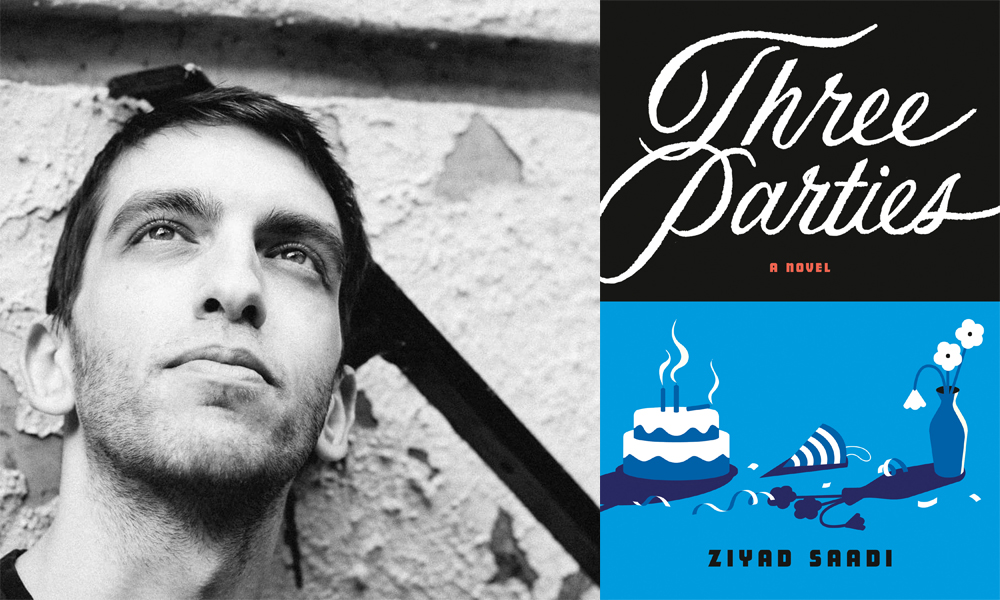

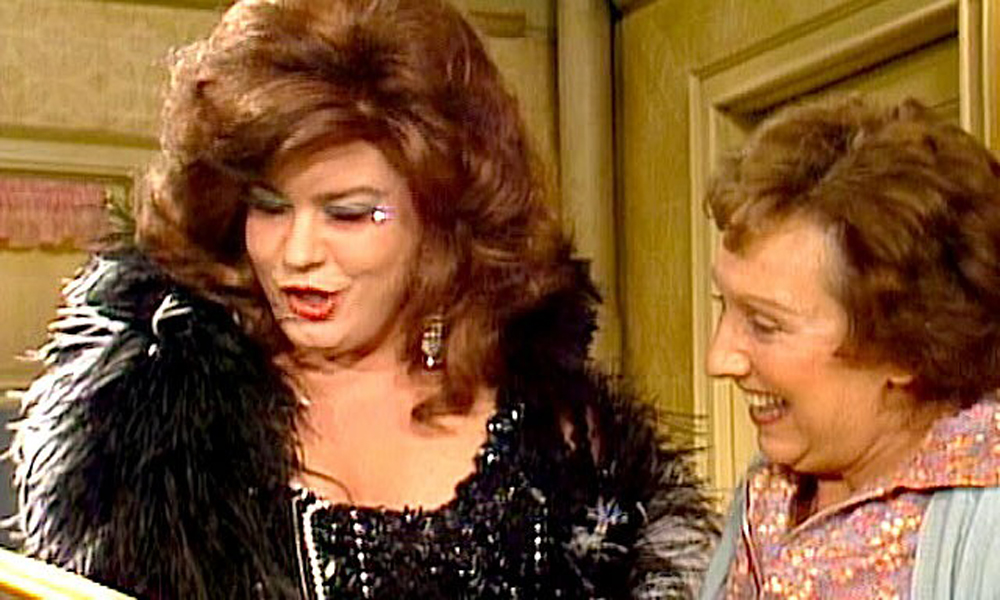
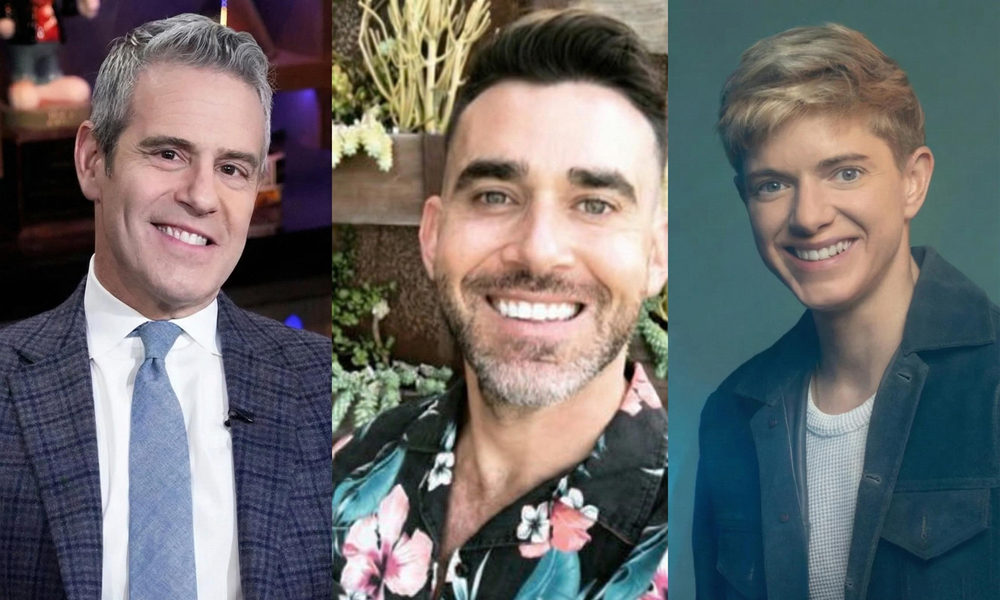
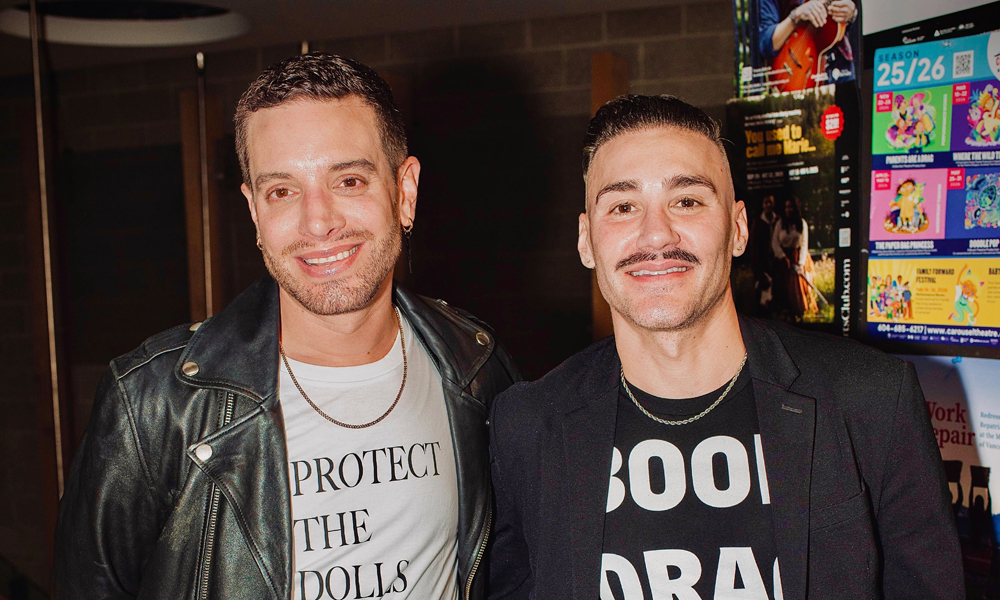
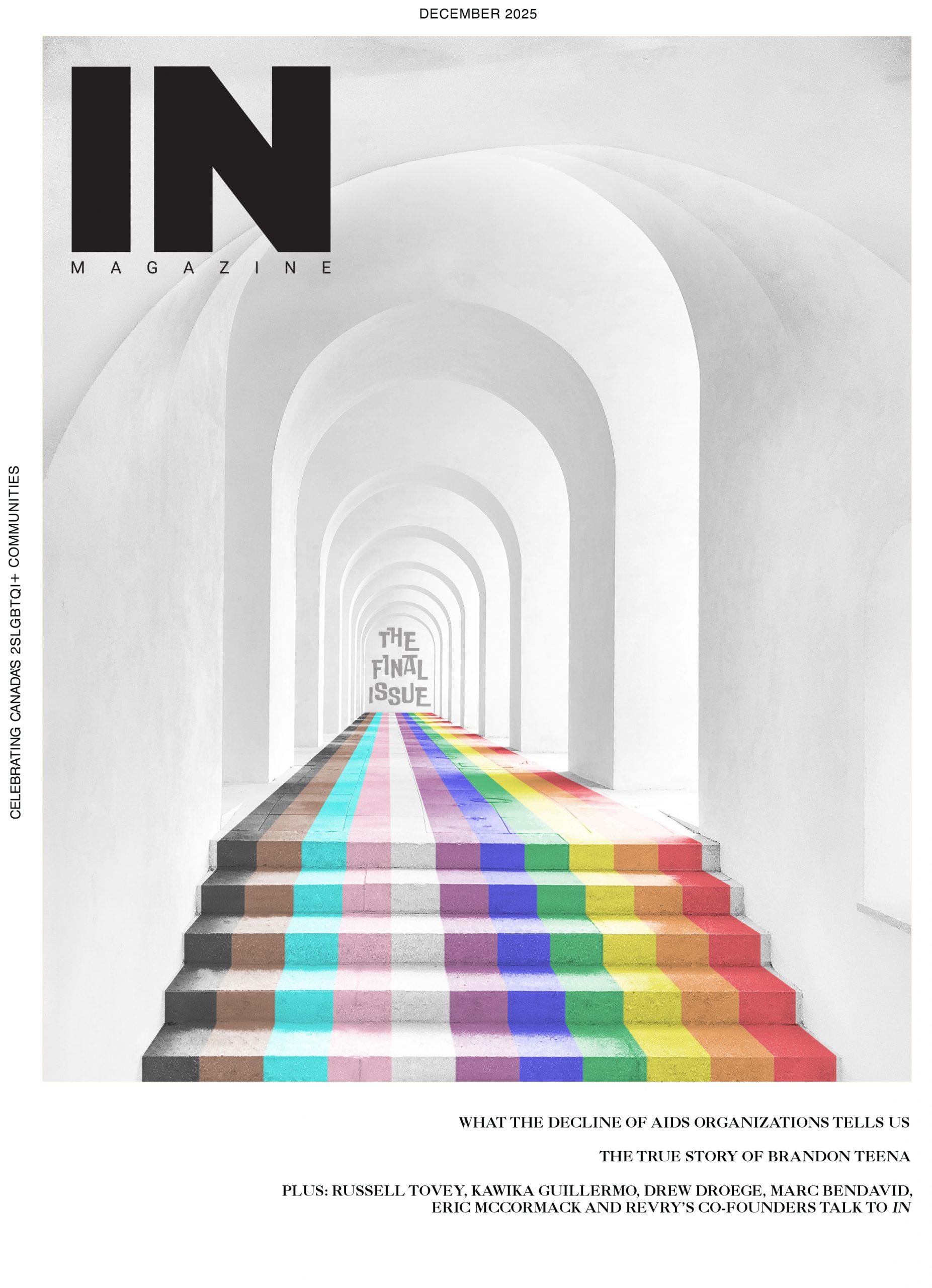
POST A COMMENT